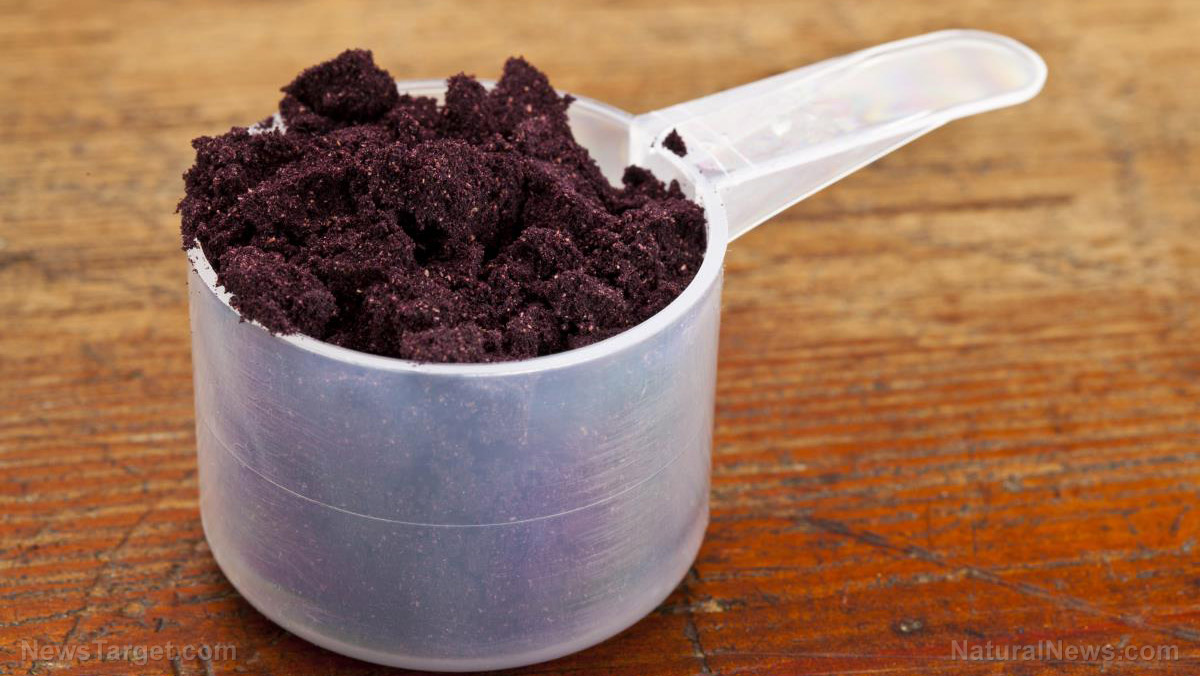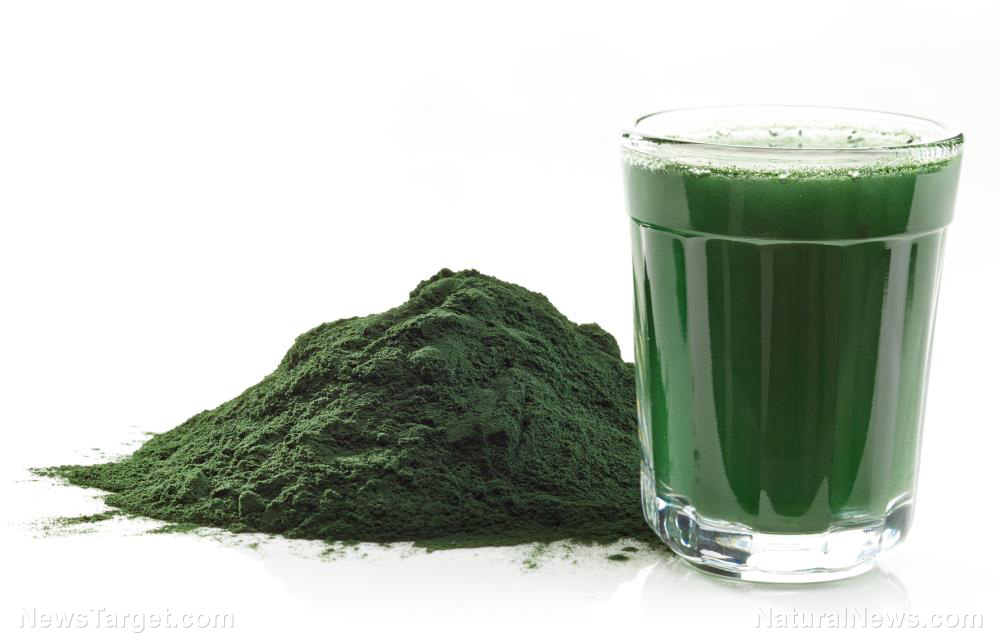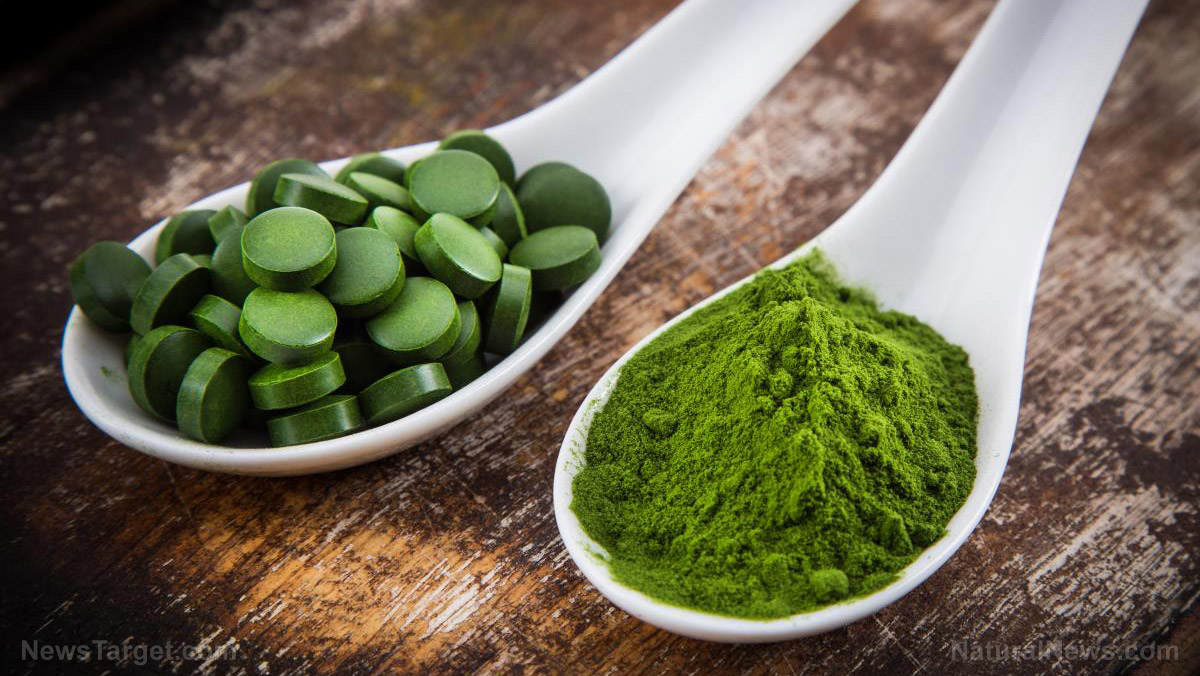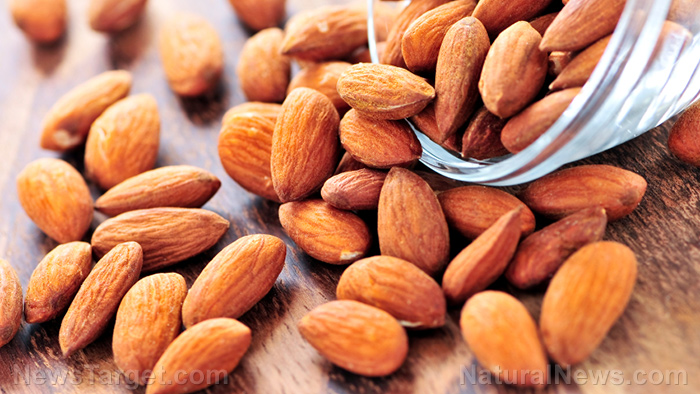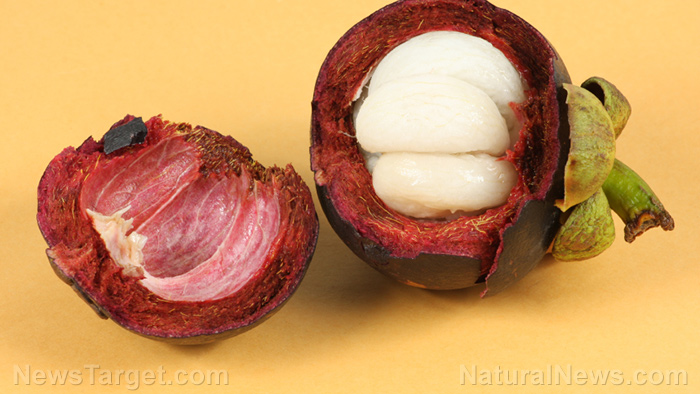Pomegranate juice found to combat systemic inflammation throughout the body
11/18/2018 / By Isabelle Z.

You might have noticed that pomegranate juice is starting to take up more space on your supermarket’s shelves. It’s easy to pass this off as yet another food trend. However, many people are turning to the beverage not for its flavor but for its unique properties. Polyphenol-rich pomegranates have plenty of health-enhancing benefits thanks to their antioxidant content, and a new review indicates that the fruit could also be a powerful ally in the battle against chronic inflammatory diseases.
The researchers from the University of Bologna and the University of Auckland looked at the effects of the juice of the pomegranate in particular, which has already been shown to help conditions like diabetes, atherosclerosis and prostate cancer.
Chronic inflammation, a response by the body to infection and tissue damage, has been linked to the development of disorders such as inflammatory bowel disease, asthma, rheumatoid arthritis, chronic obstructive pulmonary disease and psoriasis.
After analyzing an extensive number of existing studies on pomegranate, they found plenty of evidence that shows pomegranate juice can indeed help inflammation-related diseases, although they pointed out that a definitive relationship has not been officially established. Most of the scientific research on pomegranate’s health benefits has been carried out on cell culture or animal models, they point out, and clinical trials with humans are generally lacking. They found that pomegranate seems to show the most promise in fighting cardiovascular diseases, metabolic syndrome and diabetes, but the researchers urge care, calling on further studies to determine its specific effects and explain why the fruit juice seems to help chronic inflammatory diseases.
Plenty of studies back pomegranate’s numerous health benefits
A Case Western study published in the Journal of Inflammation, for example, found that the extract of pomegranate significantly inhibited chronic inflammation in rabbits. The juice has also been shown to slash the buildup of damaging proteins associated with Alzheimer’s disease by as much as a half. This effect is being attributed to its ability to protect against the oxidative stress that leads to beta-amyloid deposits. Researchers have also demonstrated its potential to help those with prostate, colon and breast cancer. In studies where tumor cells were treated with pomegranate, cell migration dropped and the cancer was stopped from spreading to other areas of the body.
Pomegranate juice came out on top in a study of beverages known for their antioxidant content carried out by the Center for Human Nutrition at the University of California – Los Angeles’s David Geffen School of Medicine. While all of the beverages examined – blueberry juice, acai berry juice, green tea, white tea, Concord grape juice, orange juice, pomegranate juice and red wine, had impressive amounts of antioxidants, pomegranate juice outperformed them all when it came to polyphenols and protective benefits. Its antioxidant potency composite index was a full 20 percent higher than any of the other drinks that were put through the rigorous testing.
How to increase your intake of polyphenols
Pomegranates aren’t the only fruit that have the polyphenols that fight inflammation. Raspberries, strawberries, almonds and walnuts also contain the inflammation-fighting ellagitannins and ellagic acid that make pomegranates so effective.
Low in calories and full of vitamins and fiber, pomegranates contain around 600 juicy seeds and are known for their sweet flavor. Besides eating the fruit or drinking its juice, you can also sprinkle the seeds on top of your yogurt, salad or even cereal. Nutritional researchers recommend that people drink eight ounces of the juice each day, eat one fruit or incorporate it into a smoothie, or take 400 mg of a concentrated extract to get pomegranate’s heart disease and cancer protecting benefits.
Sources include:
Tagged Under:


